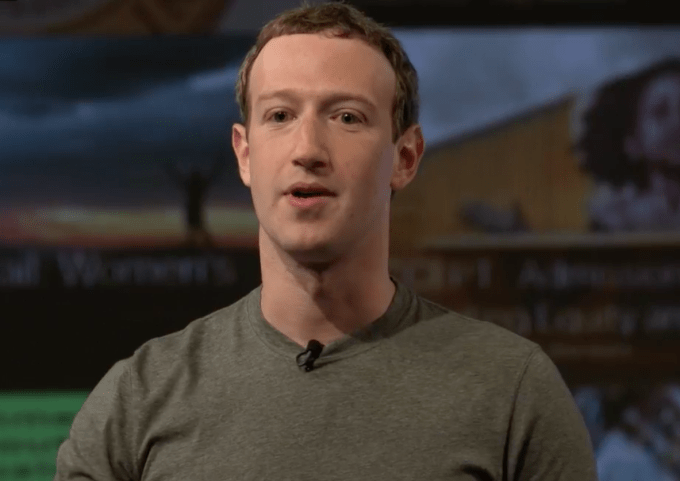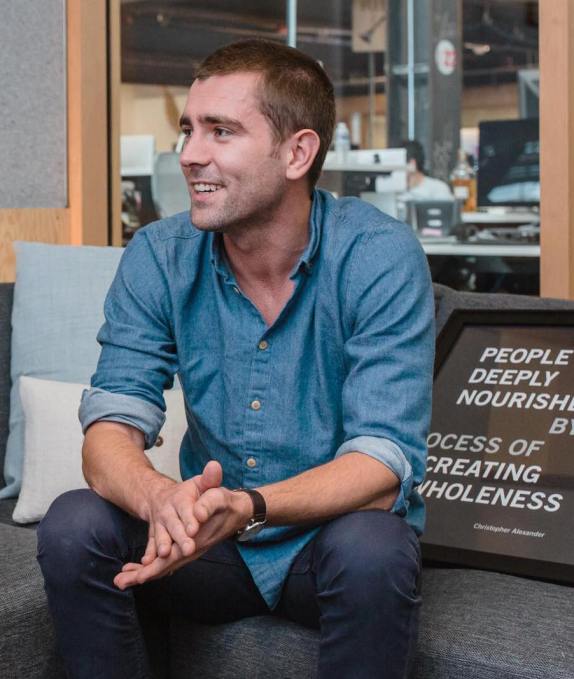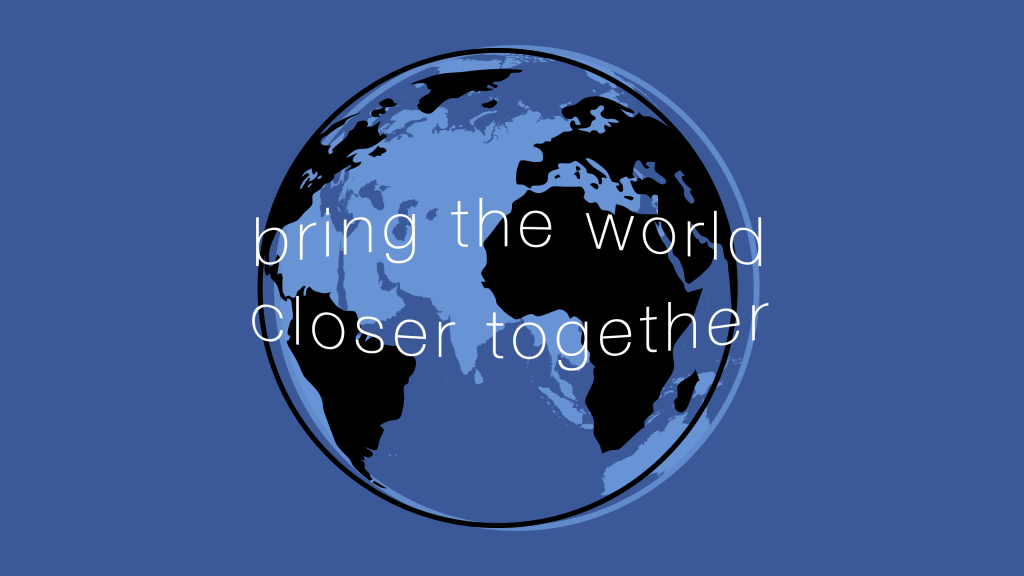“Making the world more open and connected” had one fundamental flaw: it didn’t push for any specific positive outcome from more connection. Technically, it could encompass digital voyeurism via the News Feed, trading in-person friendship for online acquaintanceship or the filter bubbles and echospheres that have further polarized the United States.
So today, as Facebook approaches 2 billion monthly users, its CEO Mark Zuckerberg revealed a new mission statement, to “Give people the power to build community and bring the world closer together.”
We have a responsibility to do more. Facebook CEO Mark Zuckerberg
Zuckerberg announced the change today at the Facebook Communities Summit for top Group admins where it announced new Group management tools. “For the last decade or so we’ve been focusing on making the world more open and connected. But I used to think that if we just give people a voice and help some people connect that that would make the world a whole lot better by itself,” Zuckerberg admits. “Look around and our society is still so divided. We have a responsibility to do more, not just to connect the world but to bring the world closer together.”
Rather than have the new mission be just a philosophy, Zuckerberg says Facebook is turning it into a goal. “We want to help 1 billion people join meaningful communities. If we can do this it will not only reverse the whole decline in community membership we’ve seen around the world… but it will also strengthen our social fabric and bring the world closer together.” Right now Facebook considers there to be only 100 million meaningful group members.

The evolution of Facebook’s mission statement is a milestone in its transformation. Catalyzed by the fake news scandals surrounding the U.S. presidential election, Zuckerberg first laid the groundwork with his 6,000-word community letter on “Building Community,” which focused on what Facebook could do to help. He noted that, “When we began, this idea was not controversial. Every year, the world got more connected and this was seen as a positive trend. Yet now, across the world, there are people left behind by globalization, and movements for withdrawing from global connection.”
Then in his Harvard commencement speech, he outlined how individuals could help “to create a world where every single person has a sense of purpose.” Now Zuckerberg has codified those intentions into Facebook’s charter.

“We’re getting to a size where it’s worth really taking a careful look at what are all the things that we can do to make social media the most positive force for good possible,” Facebook Chief Product Officer Chris Cox told me in an interview in a glass-walled conference room inside Facebook’s sprawling open-floor headquarters. He views the new mission as a “refinement,” with closeness nested as a more specific form of connection.
“Missions have a way of becoming how we talk about what we’re doing and justify things to one another,” Cox says. “Closeness really resonates as something that is both technological — now we can be connected in ways we couldn’t before — but it’s also deeply human.” Proving that humanity has become a central theme, both for Facebook, with its heavier emphasis on privacy the last few years, and for Zuckerberg, with his cross-country listening tour.
Cox agrees that there’s a difference between the “connection” of endless, unhealthy browsing of Facebook and comparing oneself to others that can make people feel isolated, and the “closeness” of forging deeper friendships and civic ties. He also says Facebook constantly seeks qualitative feedback from users about what is and isn’t meaningful in their experience. Cox stopped short of answering whether Facebook specifically investigates internet addiction, and refuted claims that too much Facebook makes people depressed, but insists that there’s “a deep sense of responsibility in every part of the company.”
The real test will be the follow-through, and where Facebook is willing to prioritize its mission over its business. That could mean alienating some of its more intolerant users, making changes that decrease the number of ads people see or improving privacy and user control in ways that could reduce the stream of monetizable data the company receives.
Facebook may accomplish its new mission by embracing that more Facebook is not always the answer. Ideally, Facebook’s communication tools and content algorithms would get so good that they seem to disappear, allowing people to grow closer without it wedged in between.
You can read Zuckerberg’s full speech here and watch his keynote at the Communities Summit below:































Comment